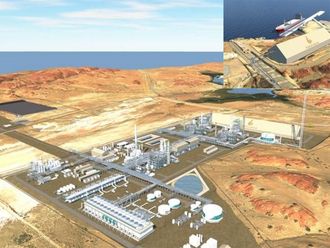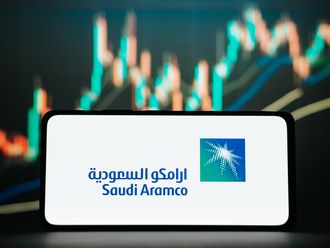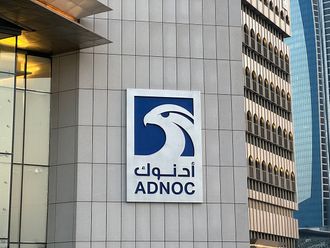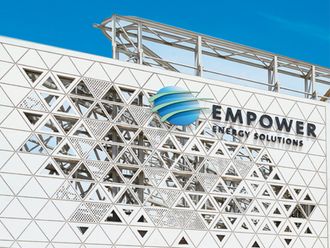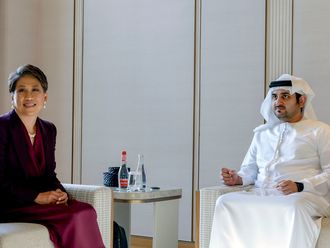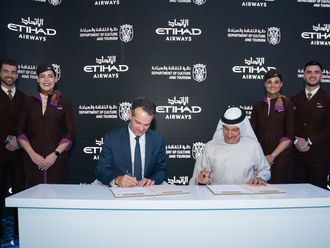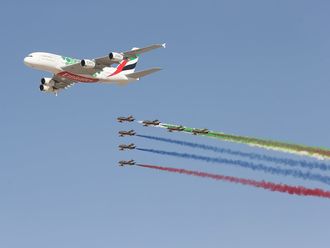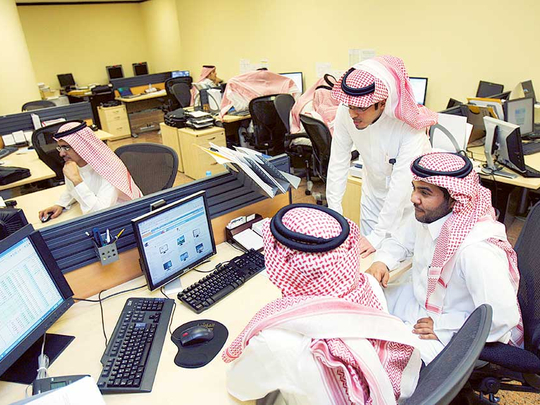
New York: Citigroup has won approval to trade Saudi Arabian equities, its first banking license since exiting the country in 2004, according to two people with knowledge of the matter.
The US bank has already started directly investing in companies listed on the Saudi Stock Exchange after receiving the Qualified Foreign Investment license from the Capital Market Authority, the people said, asking not to be identified as the information is private. Citigroup joins banks including HSBC Holdings Plc and asset manager Ashmore Group in obtaining the license after the Arab world’s biggest stock market opened to direct foreign investment in June.
The licence marks a breakthrough for the US bank in the Middle East’s largest economy after it sold a 20 per cent stake in Samba Financial Group more than a decade ago. The US bank said at the time its strategy was to invest in countries where it could have majority control of banks it ran. The closure ended an almost 50 year presence in the kingdom and was called a “mistake” in 2007 by Mohammad Al Shroogi, the bank’s then managing director for the Middle East. Samba is now the third largest bank in Saudi Arabia by assets and profits, according to data compiled by Bloomberg.
“It’s a very positive sign for Citi after leaving the country more than a decade ago and missing out on the massive Saudi Arabian growth story since then,” said John Sfakianakis, a Riyadh-based Middle East director at Ashmore. “Obviously they are keen to get back into the country and this is the easiest way to do that and show goodwill to the authorities. It also shows that the kingdom is willing to move on, forget the history and is open for business.”
Region’s importance
A spokesman for Citigroup declined to comment, while the CMA wasn’t immediately able to comment.
In the intervening years Citigroup executives have continued to visit the kingdom and express interest in returning to Saudi Arabia. Chief Executive Officer Michael Corbat met investor Prince Alwaleed Bin Talal Al Saud, the Saudi Arabian billionaire who’s a key Citigroup shareholder, at his office in Riyadh after the bank held a board meeting in the Middle East for the first time last October. The meeting in the UAE reflects the Middle East region’s importance to the bank’s global strategy, a spokesman said at the time.
Investment flows into Saudi Arabia equities since the market opened to foreigners has been muted so far. Investors with a QFI licence bought stocks valued at 8 million riyals (Dh7.8 million, $2.1 million) in July, according to latest data available on the stock exchange website.


